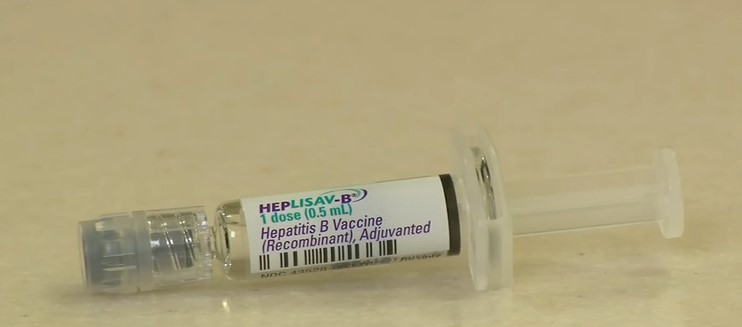At Utica Park Clinic, you and your loved ones are our first priority. We feel that it is important to provide you with the information you need when you need it. Whether you are researching our services, physicians, or preparing for a procedure, we want to make sure you play an active role in your care.

Patients
Learn admissions info, login to MyChart, and view other helpful links.


Billing and Medical Records
Request medical records, pay your medical bill, and view other helpful payment links.
Additional Resources
Policies and Disclosures
News & Events
-
‘This does not define me’ — Hillcrest patient ready to fight breast cancer with comprehensive care
Read more: ‘This does not define me’ — Hillcrest patient ready to fight breast cancer with comprehensive careA new battle Andrea McGowan, a 50-year-old mother of three, was initially overwhelmed by test results revealing she had breast cancer. But thanks to the quick and comprehensive care of teams at Utica Park Clinic and OU Health Stephenson Cancer Center at Hillcrest, she is well-equipped to fight it. McGowan’s doctors saw a spot on…
-
What Oklahoma families should know about the CDC’s new vaccine recommendations
Read more: What Oklahoma families should know about the CDC’s new vaccine recommendationsThe CDC’s vaccine advisory committee’s recent decisions could impact how your family gets vaccinated. To help break down what changed and what didn’t, News On 6’s MaKayla Glenn spoke with Dr. Mandy Griffin, a pediatrician at Utica Park Clinic in Tulsa. Click here to view the story online. The CDC’s vaccine advisory committee just wrapped up two…
-
Understanding PCOS: Symptoms, diagnosis and treatment
Read more: Understanding PCOS: Symptoms, diagnosis and treatmentAs many as one in 10 reproductive-aged women have a condition called polycystic ovary syndrome, also known as PCOS, but more than half of women with the condition go undiagnosed. PCOS may have serious side effects, ranging from excessive hair growth to infertility. Dr. Elizabeth Couch-Harris, OB-GYN provider with Utica Park Clinic, explains the symptoms,…



